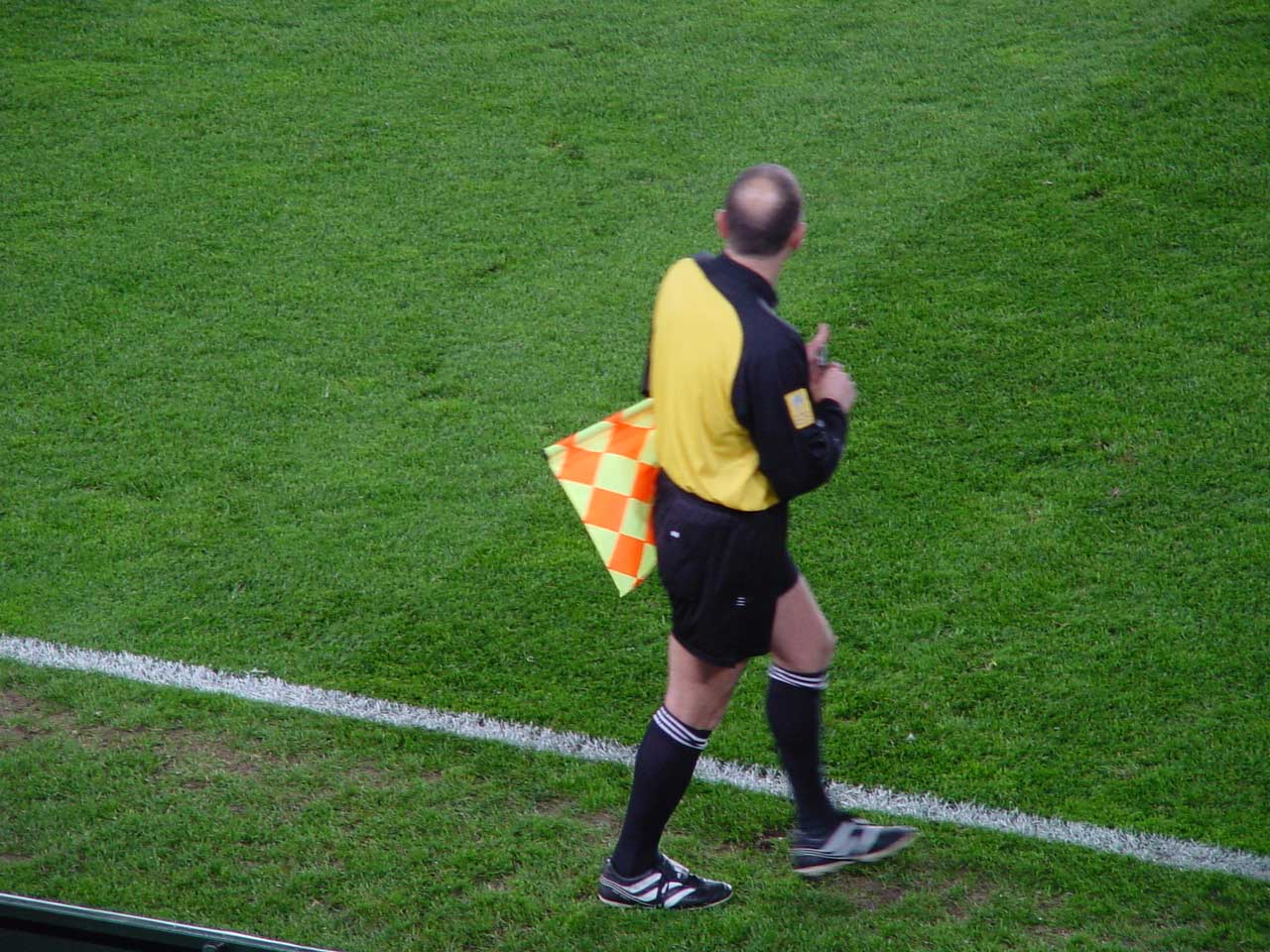Is VAR Improving Football? A Nigerian Perspective & Its Impact on Sport Betting

The introduction of the Video Assistant Referee (VAR) in football has been one of the most significant changes in the sport in recent years. VAR was designed to bring more accuracy to key decisions in football, such as goals, penalties, red cards, and offside calls. While it has undoubtedly achieved this to some degree, the question remains: is VAR truly improving football, particularly from the Nigerian perspective? And how does it impact sports betting, an industry with millions of Nigerian participants?
- Betting Knowledge?→ Editors Corner
- Do you like Sport Betting?→ Learn about betting value
- Better at Predictions?→ Best Tips To Be Successful With Sport Betting
Stream Live Football With 20Bet

The Promise of Fairness
From its inception, VAR aimed to reduce human error in officiating, making football decisions more precise. In Nigeria, where football is not just a sport but a way of life, the introduction of VAR was greeted with optimism. Many Nigerian fans, who closely follow major European leagues like the Premier League and La Liga, hoped that VAR would eliminate the controversial and often unfair decisions that have historically marred the beautiful game.
In a country where football brings communities together, the desire for fairness resonates deeply. Nigerian football fans often take pride in their knowledge of the game, and anything that promotes fair play enhances the experience. VAR, when functioning as intended, ensures that matches are not decided by poor refereeing decisions. This is especially important in a country where millions of fans bet on football outcomes. An unjust call can directly influence the outcome of a match, affecting both fans’ emotions and their pockets.
The Disruption of Flow and Fan Frustration
However, while VAR promised more accurate decisions, it has also brought unintended consequences. One of the main criticisms is the disruption of the game’s flow. Nigerian fans, like many around the world, value the fluidity and excitement of football. The long delays caused by VAR reviews have often interrupted the momentum of matches, frustrating fans who are used to fast-paced action.
Moreover, the lack of transparency during VAR checks has been a source of frustration. Fans watching from home or in public viewing centers in Nigeria often feel disconnected from the decision-making process, leading to confusion and anger. The absence of live explanations or video footage in stadiums in some cases adds to the problem, especially when decisions seem arbitrary.
The Impact on Sports Betting
In Nigeria, where sports betting is a booming industry, VAR’s influence is acutely felt. Betting on football matches, particularly European leagues, is a favorite pastime for millions of Nigerians. According to reports, Nigeria is one of the largest sports betting markets in Africa, with millions of daily active bettors. For these bettors, VAR has had both positive and negative effects.
- The Positives
On the positive side, VAR has improved the accuracy of match results, reducing the likelihood of a bet being lost due to a referee’s mistake. For example, a goal that was wrongly disallowed for offside can now be correctly awarded, saving a bettor’s ticket. Similarly, VAR ensures that penalties are given only when justified, which can enhance the fairness of bets on goal scorers and match outcomes.
- The Negatives
However, VAR has also introduced new uncertainties. Decisions that take minutes to resolve can lead to frustration for bettors who want to see the result of their wagers quickly. The technology has made last-minute betting more unpredictable, as goals that are initially celebrated may later be ruled out for offside or handball after VAR review. This has led to a sense of anxiety among bettors, as the outcome of a match can change even after the final whistle has blown. Moreover, some bettors argue that VAR has made betting on specific markets, such as “first goalscorer” or “number of goals,” more challenging. A goal scored after an offside review can drastically alter a betting slip, making the betting experience feel less predictable and more dependent on technology rather than the skill of the players.
Nigerian Leagues and VAR
While VAR is primarily used in major European leagues, discussions have emerged regarding its potential implementation in African football, including the Nigerian Professional Football League (NPFL). The prospect of VAR in Nigeria’s domestic league has both advocates and skeptics. Proponents argue that it would improve the credibility of the league, reduce accusations of bias, and enhance the overall quality of football.
On the other hand, skeptics point out the logistical and financial challenges of implementing VAR in Nigeria. The cost of the technology, along with the infrastructure required for its success, is a significant hurdle. Additionally, given the frequent power outages and inconsistent internet services in the country, implementing a smooth and reliable VAR system could be challenging.
Conclusion: A Mixed Blessing
From a Nigerian perspective, VAR’s impact on football is a mixed blessing. While it has undeniably brought more accuracy to the game, it has also disrupted the flow and added a layer of unpredictability, especially for sports bettors. For Nigerian fans and bettors, VAR’s promise of fairness often clashes with its practical shortcomings.
For sports betting enthusiasts, VAR has created both opportunities and frustrations. Accurate decisions mean fewer losses due to poor officiating, but the delays and uncertainties introduced by technology have complicated the betting experience. In the Nigerian context, where sports betting is integral to the football experience, these changes have profound implications.
Ultimately, VAR is improving football by making it fairer, but the question remains whether it can strike the right balance between accuracy and the traditional excitement that fans crave. For Nigeria, where passion for football and sports betting runs deep, this balance will be key to the long-term success and acceptance of VAR.
VAR in Nigeria FAQ
Is VAR used in the Nigerian Football League?
VAR has not been fully implemented in the Nigeria Professional Football League (NPFL). There are active plans to introduce it. The Nigerian Football Federation (NFF) is working toward deploying VAR in domestic football, with the goal of improving officiating accuracy. According to NFF President Ibrahim Gusau, training programs are being implemented for referees to ensure they are well familiar with the system before its full introduction.
How will VAR impact football in Nigeria?
VAR is expected to improve the fairness of decisions in Nigerian football, which has had a history of contentious officiating. By reducing human errors in critical situations, like penalty calls or offside rulings—VAR will help boost confidence in the games. However, there are concerns about the pace of its introduction, as Nigeria needs much more infrastructure, like properly equipped stadiums & trained officials, to ensure smooth operation.
3. What are the challenges of implementing VAR in Nigeria?
The biggest challenges include cost & infrastructure. Many Nigerian stadiums lack the technology & resources needed to support VAR. Additionally, training referees to use the VAR system properly will require time & investment
